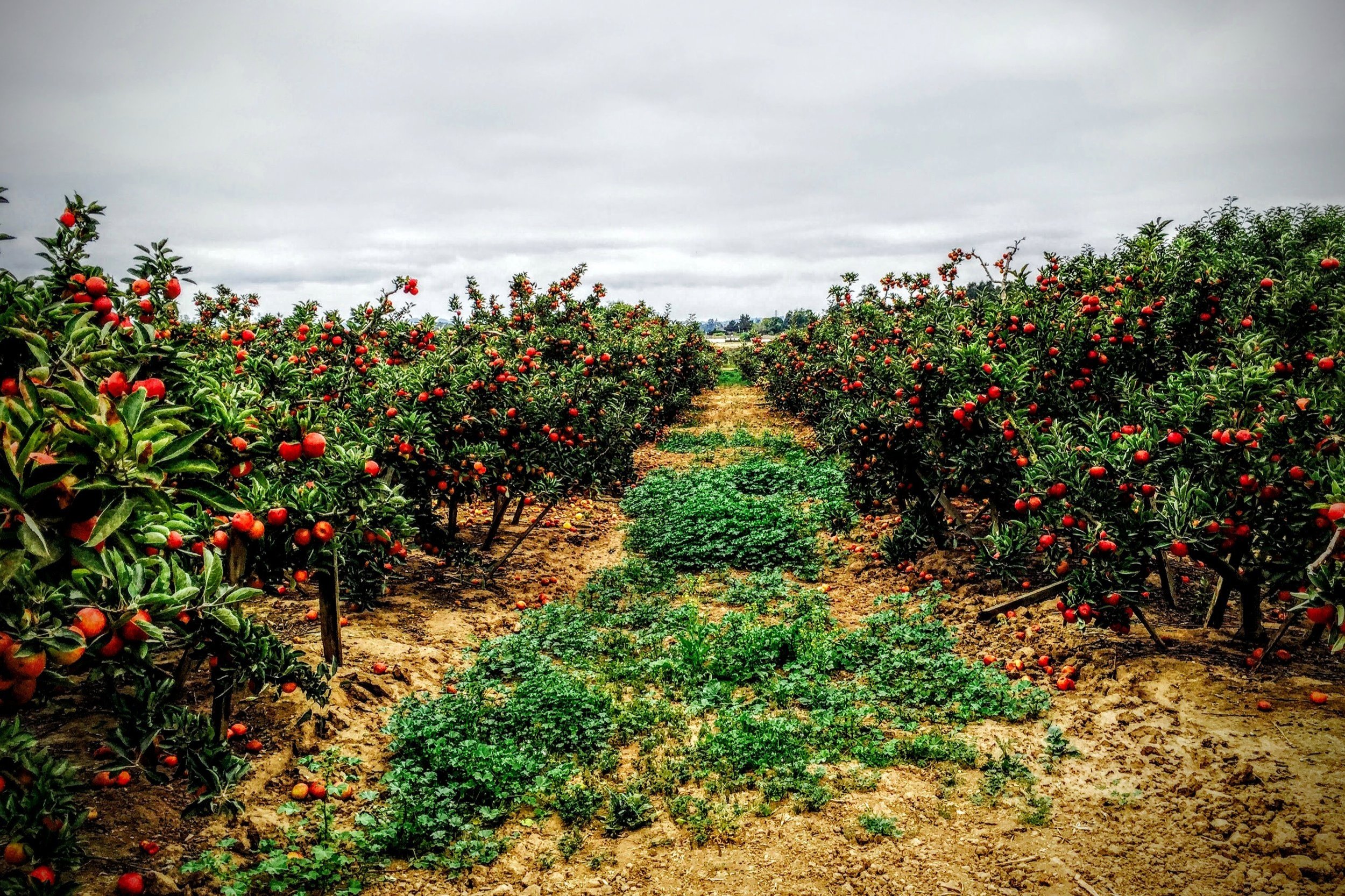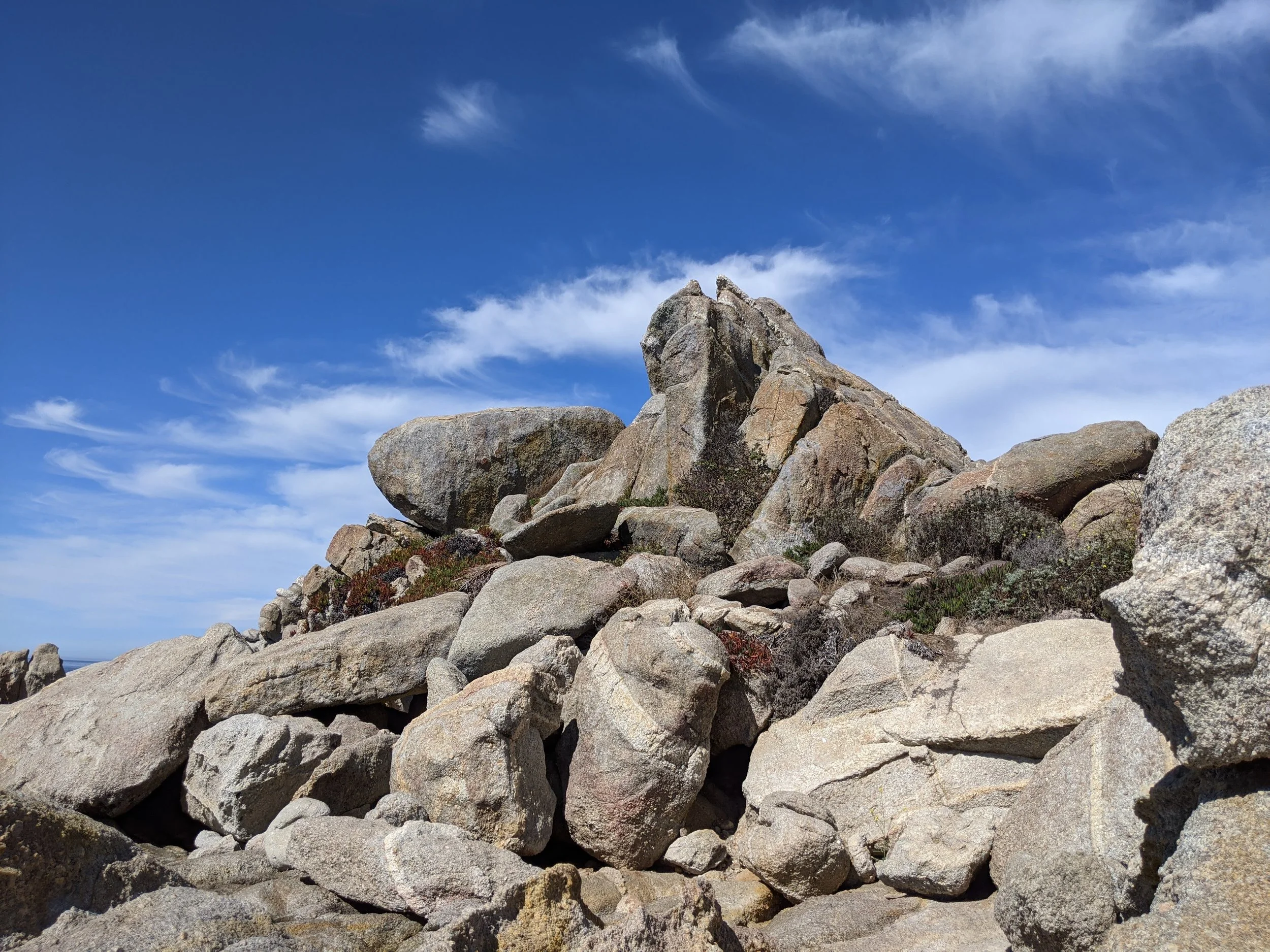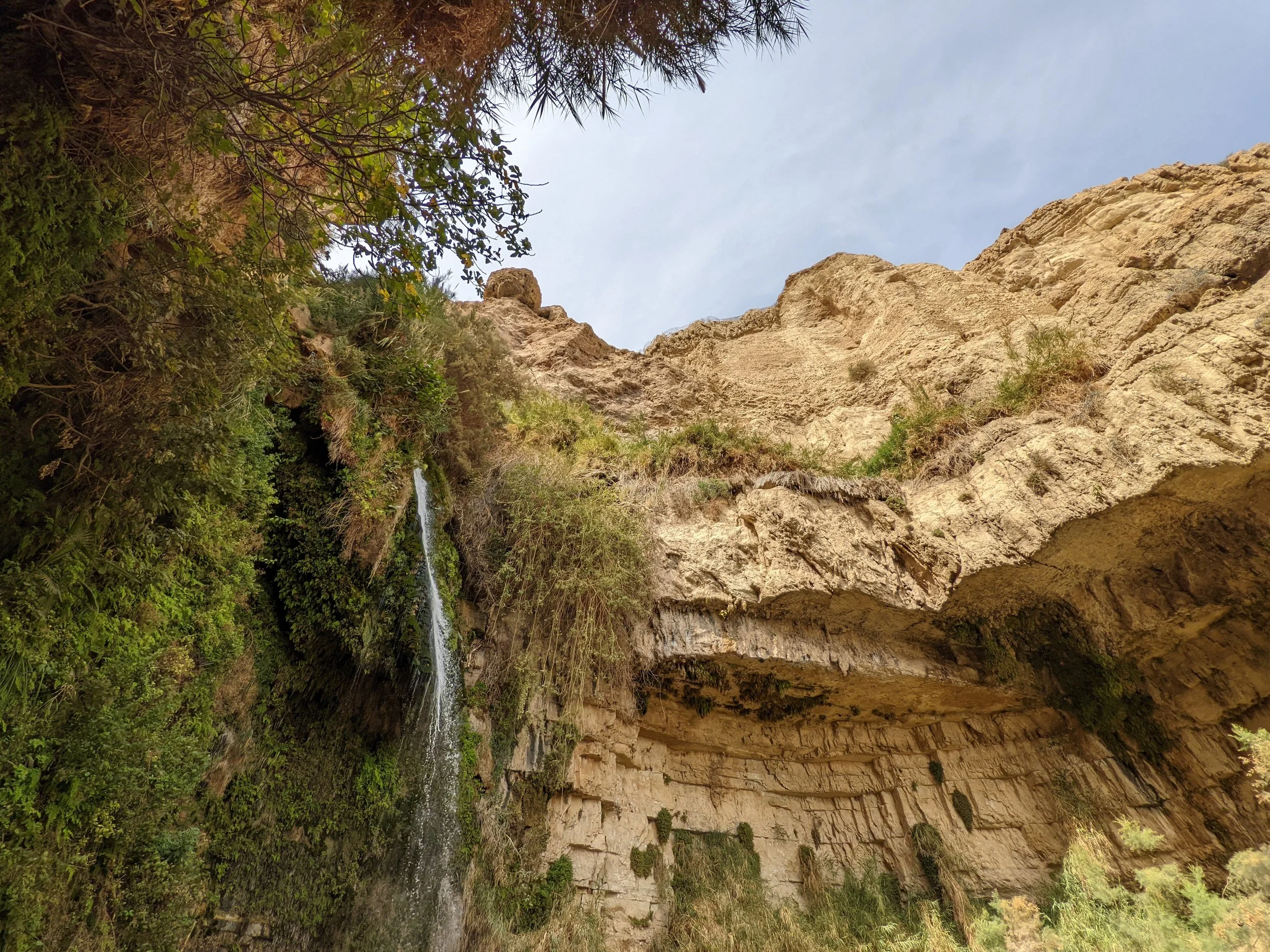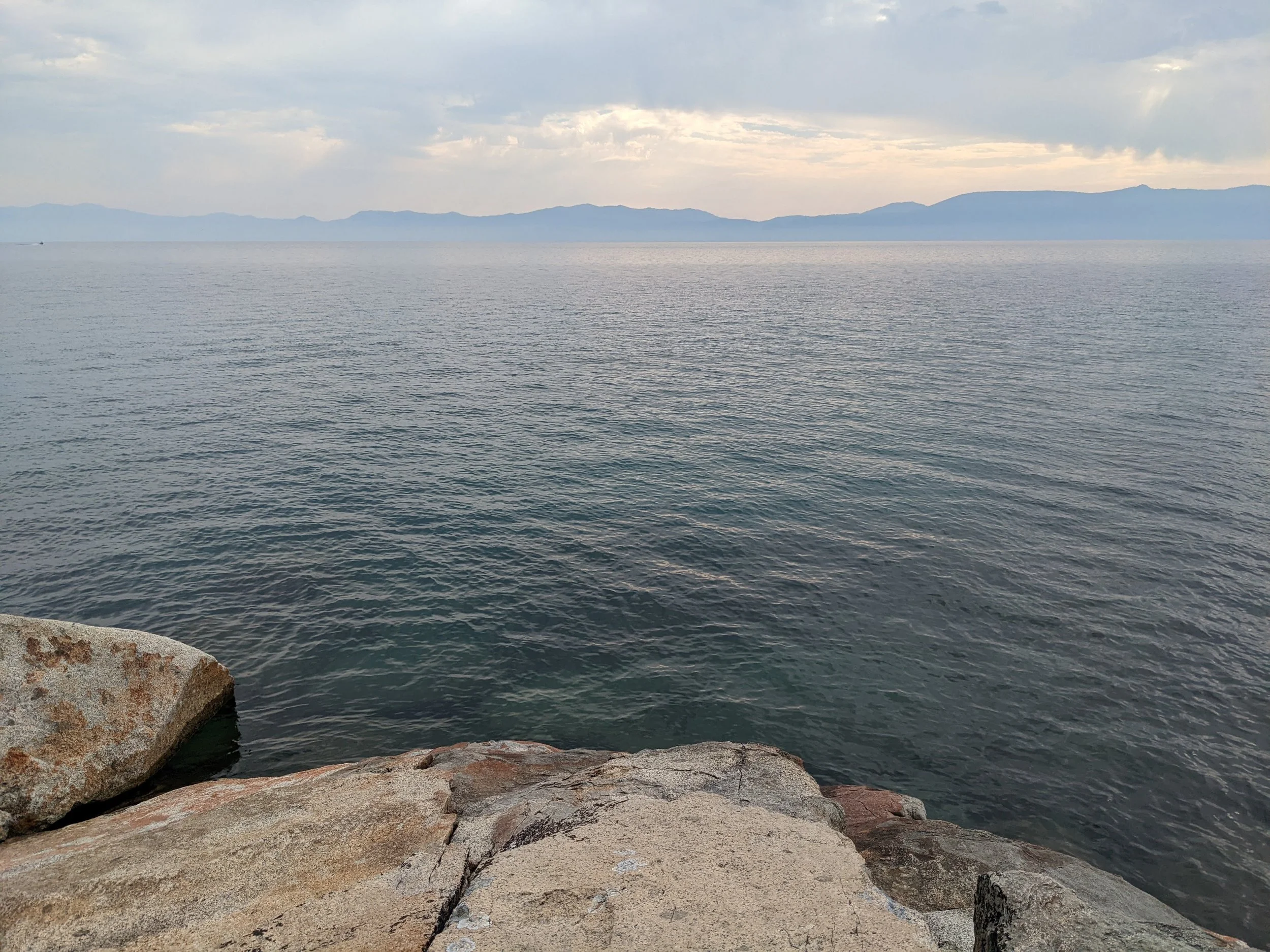11 The Pharisees came and began to argue with him, seeking from him a sign from heaven to test him. 12 And he sighed deeply in his spirit and said, "Why does this generation seek a sign? Truly, I say to you, no sign will be given to this generation." 13 And he left them, got into the boat again, and went to the other side. 14 Now they had forgotten to bring bread, and they had only one loaf with them in the boat. 15 And he cautioned them, saying, "Watch out; beware of the leaven of the Pharisees and the leaven of Herod." (Mark 8:11-15)
They Wanted a Sign
Don't miss the underlying tones of hostility from the Pharisees towards Jesus. They came out like military men ready to engage in battle (11). They are there to argue with Jesus, disputing and opposing him (11). They didn't politely ask for a sign from heaven, but were seeking to take one from him (11). And they tested him, which means they were trying to trip him up, not discover if he had merit (11). They had already decided against Jesus, and they were there to prove their point.
Of course, it seems ironic that the Pharisees wanted Jesus to perform a sign from heaven right after he miraculously fed four thousand people (11). They didn't want a miracle—they knew Jesus was capable of those—but a sign from heaven, or a sign from God, testifying to Jesus' identity. They didn't realize that his presence was a sign from heaven, for he had stepped out of glory to minister to humankind.
Jesus' Response
Matthew tells us that Jesus pointed to his future resurrection at their request for a sign:
Matthew 12:40 (ESV) — 40 For just as Jonah was three days and three nights in the belly of the great fish, so will the Son of Man be three days and three nights in the heart of the earth.
But Mark doesn't record that, and instead shows us how Jesus sighed deeply before rebuking their generation for seeking a sign (12). These men were simply waiting for the wrong kind of Messiah. They wanted fire from heaven. They wanted the Romans banished. They wanted a new world order in place.
But there is a reason Barabbas, the insurrectionist who wanted to overthrow the Roman government, and Jesus swapped places. Barabbas wanted to change the world without the gospel. Jesus submitted to Rome to die for the world because he came for the cross, not to perform a sign from heaven.
A Warning About Leaven
"Leaven" is often used in the Bible as a picture of something evil. Since leaven permeates a whole loaf of bread, it is a perfect symbol for the decaying and permeating effect of evil. Here, in the boat, Jesus warned his disciples about the leaven of the Pharisees and the leaven of Herod (15).
As much as Jesus wanted his disciples to watch out and beware of this leaven, it is actually difficult to define what Jesus is warning them about. The Pharisees were guilty of legalism and hypocrisy, and in Luke's gospel, Jesus said to beware of the leaven of the Pharisees, which is hypocrisy (Luke 12:2). But what is the leaven of Herod? And in Matthew 16, Jesus also warned against the leaven of the Sadducees. Was Jesus warning about the legalism of the Pharisees, the materialism of Herod, and the liberal theology of the Sadducees?
Perhaps these questions are answered when we consider where each camp converged when it came to Jesus. None of them believed. None of them placed their faith in Jesus as the Christ. Disbelief was like a little leaven that grew and grew within them. Slowly, their hearts hardened, and now it seems almost impossible for them to believe in Jesus. Even after he fed four thousand people with his bare hands, they could not believe and still looked for a sign.
The disciples needed to be shaped by Jesus. They needed to learn what kind of Messiah he was. And they needed to watch out for this insidious version of unbelief that would keep them on the outside of the kingdom and God's program.
***
For the entire Mark series, go here. Thank you.




